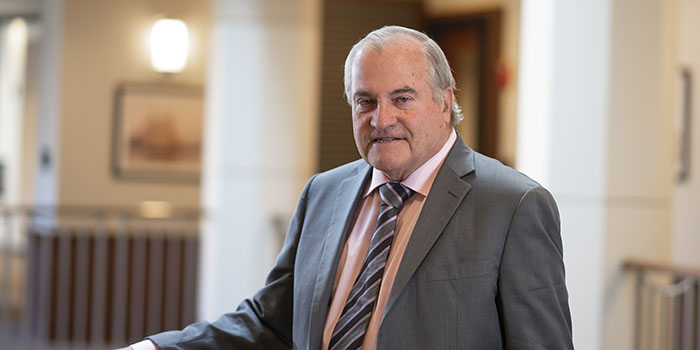Justice White and the Politics of Roe v. Wade

This article, written by Academy of Lifelong Learning featured expert Professor Robert Percival, was published in The Wall Street Journal on Sept. 21, 2022.
Your editorial “Elena Kagan’s ‘Political’ Court” (Sept. 16) criticizes Justice Kagan for decrying the politicization of the Supreme Court. You assert that the court’s reversal of Roe v. Wade (1973) wasn’t a political decision, noting that it actually has dimmed Republican electoral prospects. But Justice Kagan wasn’t making a political forecast. She was decrying the partisan polarization in the public’s perception of the court, which is confirmed by the polling data that you cite.
Despite your claim that “Roe’s logic was entirely political,” Roe wasn’t a political decision. When it was decided, the court didn’t have sharp ideological or partisan splits.
Read the complete article in The Wall Street Journal.
Robert Percival, JD, MA, is the Robert F. Stanton Professor of Law and director of the University of Maryland Franics King Carey School of Law's Environmental Law Program. After graduating from law school, Percival clerked for U.S. Supreme Court Justice Byron R. White.




